All posts in Formalization
-
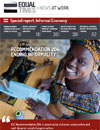 Advocacy Materials
Advocacy Materials
Special Report on the Informal Economy
Report on ILO Recommendation 204 which focuses on “Ending Informality”, and stands for social inclusion, social justice and a...
Read More -
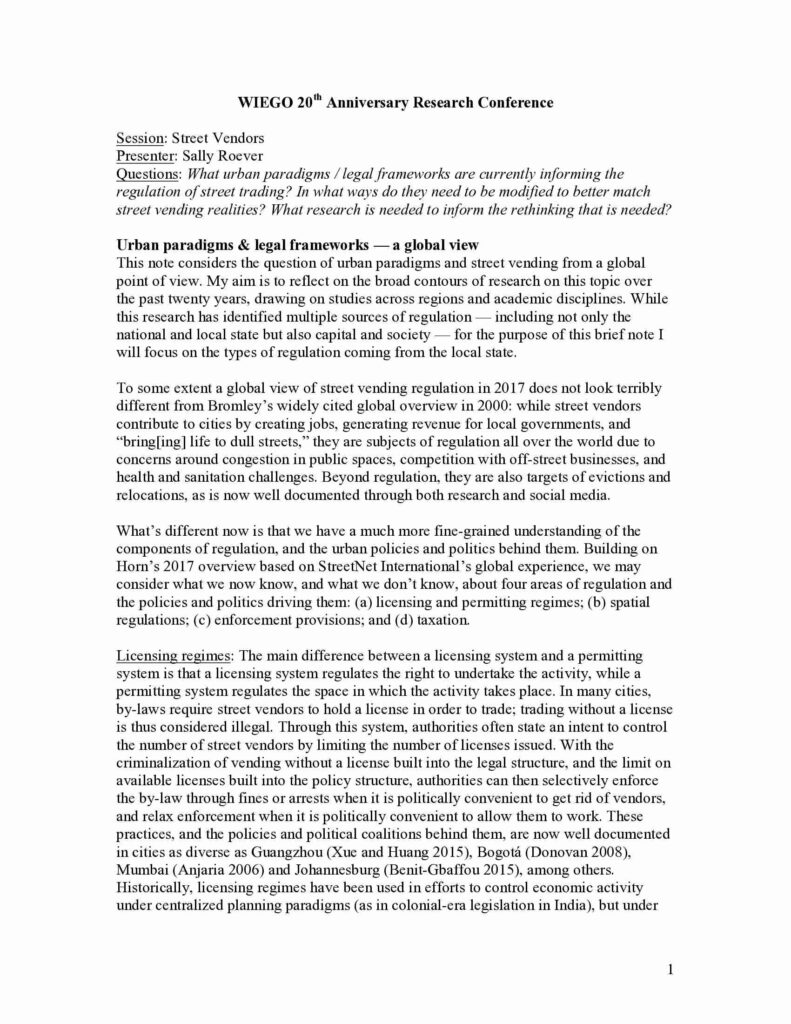 Research Reports
Research Reports
Urban Paradigms and Legal Frameworks: A Global View
This note considers the question of urban paradigms and street vending from a global point of view. While this research has identified multiple...
Read More -
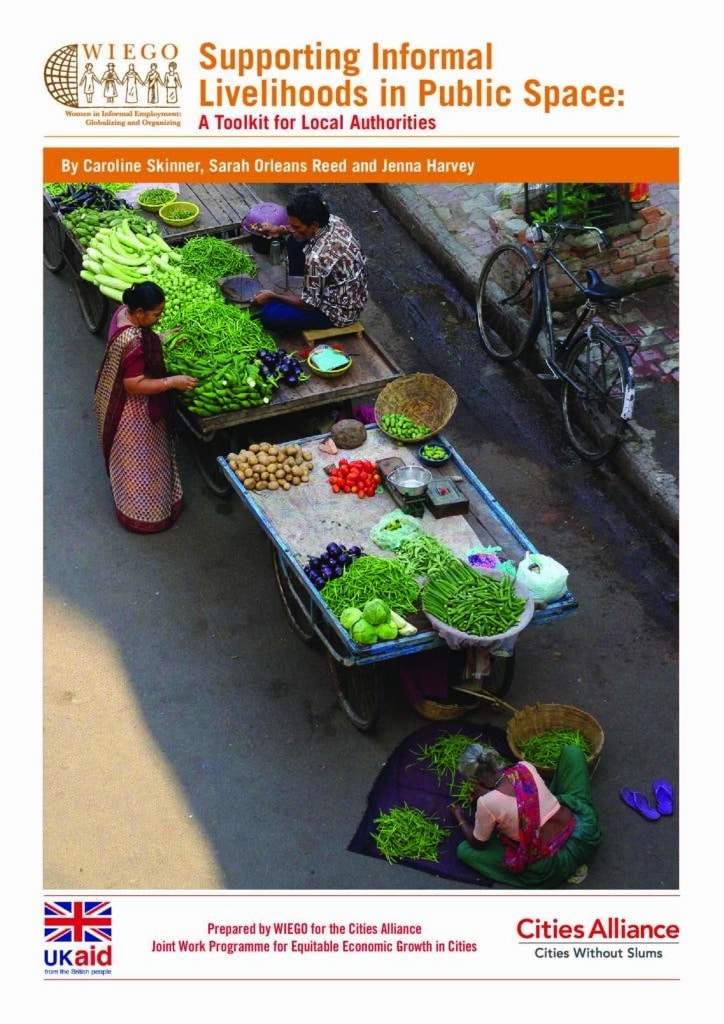 Toolkits and Guides
Toolkits and Guides
Supporting Informal Livelihoods in Public Space: A Toolkit for Local Authorities
This toolkit is designed to assist city officials and other local authorities to adopt an inclusive approach to managing public space that...
Read More -
Global Reports
Recovering resources, creating opportunities: Integrating the informal sector into solid waste management
Read More -
Books & Book Chapters
Informalization of labour markets: Is formalization the answer?
Read More -
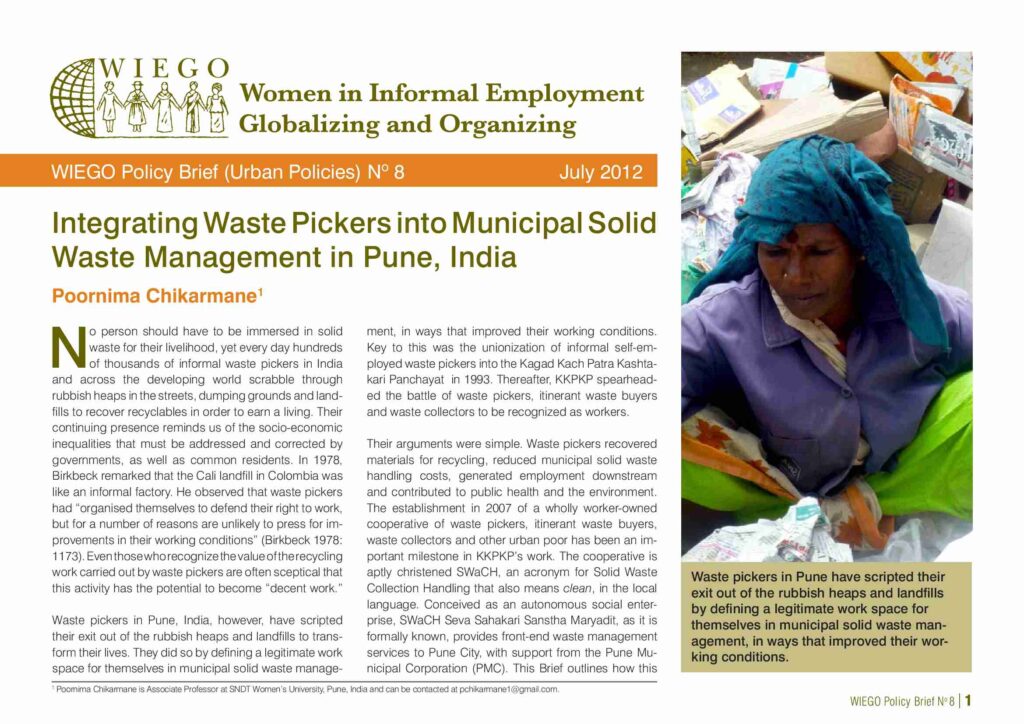 Policy Briefs
Policy Briefs
Integrating Waste Pickers into Municipal Solid Waste Management in Pune, India
No person should have to be immersed in solid waste for their livelihood, yet every day hundreds of thousands of informal waste pickers in...
Read More -
Technical Briefs
Paying Waste Pickers for Environmental Services: A Critical Examination of Options Proposed in Brazil
This Brief synthesizes the main conclusions of the research and the methodology proposed by the Brazilian Institute for Applied Economic...
Read More -
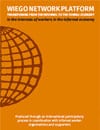 Policy/Position Documents
Policy/Position Documents
WIEGO Network Platform: Transitioning from the Informal to the Formal Economy in the Interests of Workers in the Informal Economy
The platform sets out common core needs and demands for informal workers around organizing/labour rights, voice and bargaining power, legal...
Read More -
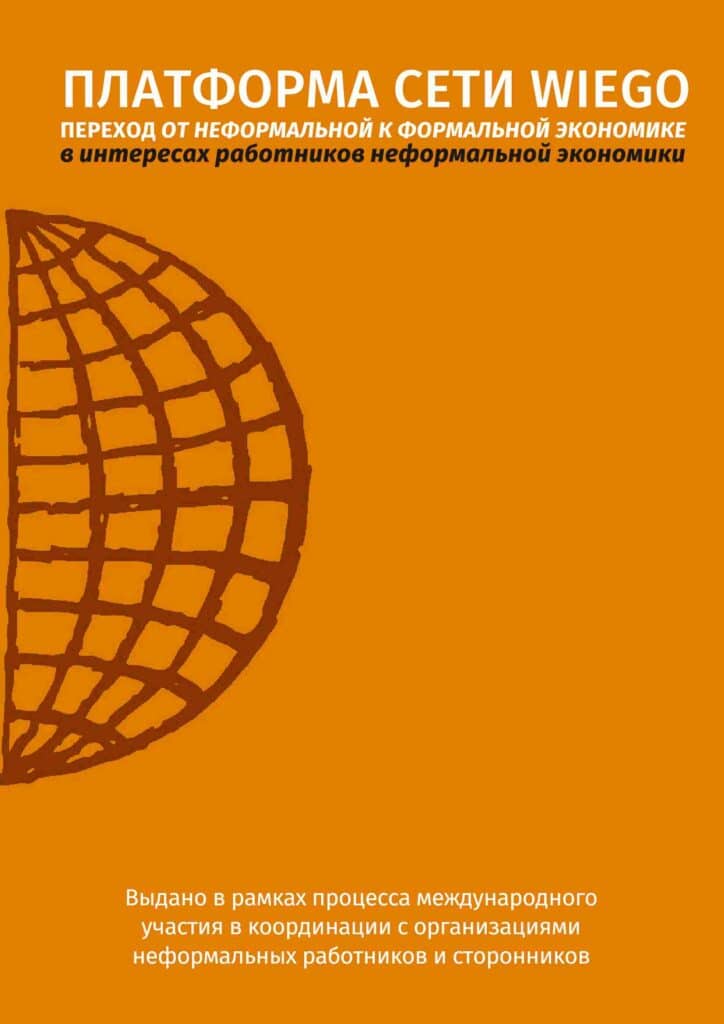 Advocacy Materials
Advocacy Materials
WIEGO Network Platform (Russian): Transitioning from the Informal to the Formal Economy in the Interest of Workers in the Informal Economy
Russian translation Also available:EnglishSpanishFrench
Read More -
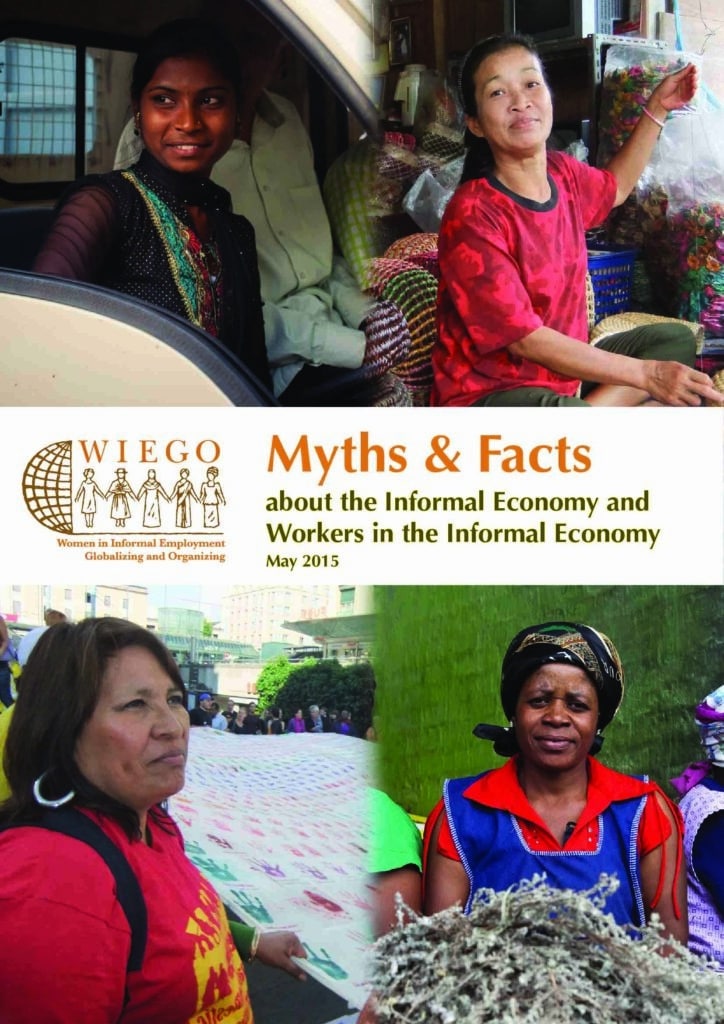 Fact Sheets/Infographics
Fact Sheets/Infographics
Myths & Facts about the Informal Economy and Workers in the Informal Economy
Misconceptions about the informal economy and informal workers limit their opportunities, endanger their livelihoods and often harm local...
Read More